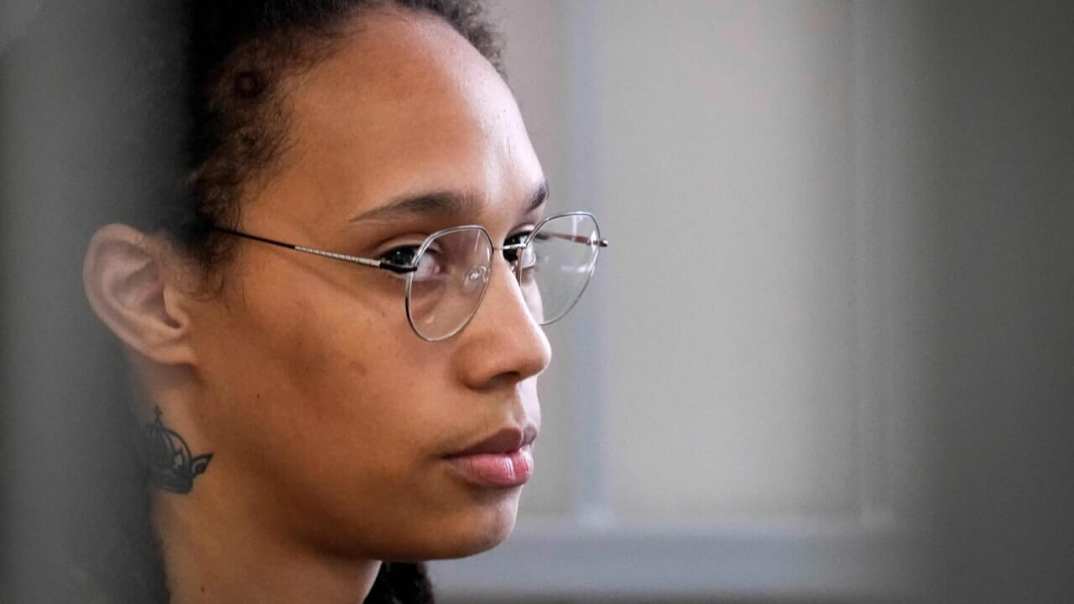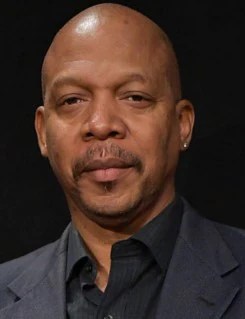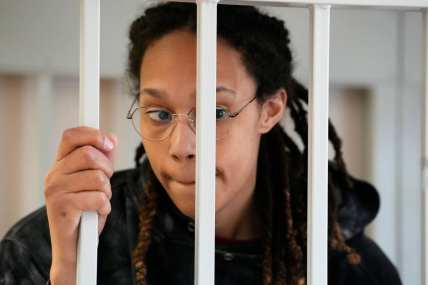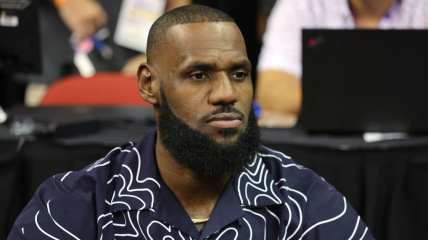Brittney Griner’s case in Russia parallels weed policies that harm Black people in the U.S.
Brittney Griner may be used as a political pawn in negotiations between Russia and the U.S., but America's weed policies have been similarly punitive.

Editor’s note: The following article is an op-ed, and the views expressed are the author’s own. Read more opinions on theGrio.
Of course, Brittney Griner deserves leniency, just as her lawyers argued Tuesday in a Russian court. The basketball superstar says she accidentally packed cannabis oil while preparing for her trip in February.
Besides that, she had a doctor’s note.
Defense attorney Alexander Boykov said although Griner uses the substance for pain treatment, she wasn’t flaunting Russian law that makes it illegal. “We are not arguing that Brittney took it here as a medicine,” he told reporters after the session. “We are still saying that she involuntarily brought it here because she was in a rush.”
Griner is a two-time Olympic gold medalist and seven-time All-Star who very well might be a political prisoner.
But in another sense, she’s just another Black person tripped up by questionable weed policies.
Being an elite athlete puts her in a special category — people who earn enormous sums for putting extraordinary demands on their bodies — which should make her use more acceptable. But that doesn’t change damning research from the American Civil Liberties Union.
According to A Tale of Two Countries: Racially Targeted Arrests in the Era of Marijuana Reform, “Black people are still more likely to be arrested for marijuana possession than white people in every state, including those that have legalized marijuana.” Despite comparable usage rates, “Black people are 3.64 times more likely than white people to be arrested” for having weed.
That makes weed policies a social justice issue worth fighting for.
Regardless of your position on legalization or decriminalization, the fact remains that Black people are disproportionately punished by America’s weed policies. Just as bad, we’re barely represented in the U.S. legal marijuana industry, projected to earn $43 billion by 2025. The substance sends them to the bank and sends us to jail.
Forbes reports that less than 2% of authorized weed dealers are Black. Not surprisingly, perhaps due to finances and first-hand expert testimony, athletes are prominent among those entrepreneurs. Once she’s back home, Griner might want to join the likes of Mike Tyson, Kevin Durant, Olympic gymnast Gabby Douglass, NFL star Calvin “Megatron” Johnson, and other athletes blazing a trail in cannabis.
Former NBA player Al Harrington, CEO of Viola Brands (a weed company), wants to spread the wealth and create 100 Black millionaires in the field. “I feel like the war on drugs was aimed toward our community, and they used cannabis as pretty much the main drug to continue to lock us up,” Harrington told CNBC. “All this money being made now, we’re not represented; we’re not there. I feel like we pioneered this industry.”
America has come a long way since the 1936 film Reefer Madness, which depicted innocent high school students who smoked marijuana and became depraved criminals — hit-and-run, rape, manslaughter — with one descending into insanity. Today, medicinal use is legal in 38 states and the District; recreational use is legal in 19 states plus D.C.
While a dozen states haven’t sanctioned weed for any purpose, sports leagues have demonstrated a deeper understanding and loosened their prohibitions.
Instead of simply parroting Stephen A. Smith’s admonishments to “stay off the weed!”, the NBA has ceased random testing since the 2020 Orlando restart. Whether led by the global pandemic or scientific studies, the league decided that weed use among players isn’t a big deal.
Instead of bowing to critics who consider marijuana a public health threat or oppose it on moral grounds, the NFL last season stopped suspending players who test positive multiple times. The testing window was shortened to allow offseason consumption and the league pledged $1 million for research on pain management and cannabinoids.
Instead of keeping marijuana on a banned substance list that includes cocaine, LSD, opiates and PCP, Major League Baseball in 2019 opted to treat weed like alcohol. You know what that means — like a permissible substance that under specific conditions could lead a player to treatment programs.
Teetotalers exist in our alcohol-laden culture and we’d be better off if their number grew to include problem drinkers. Abstinence is great and highly recommended when necessary or desired. Still, U.S. alcoholic beverage sales generated over $222 billion in 2020. Prohibition has come and gone, never to return again.
Marijuana is on the same track, arguably more deservedly.
Whether or not you favor use, fewer than 10% of U.S. adults say the substance should be illegal under any circumstance. Meanwhile, Blacks are sent to jail the most and denied ownership the most. Same song, different verse.
Yes, Griner deserves leniency for having weed over there.
And America needs to give us a break on weed over here.

Deron Snyder, from Brooklyn, is an award-winning columnist who lives near D.C. and pledged Alpha at HU-You Know! He’s reaching high, lying low, moving on, pushing off, keeping up, and throwing down. Got it? Get more at blackdoorventures.com/deron
TheGrio is FREE on your TV via Apple TV, Amazon Fire, Roku, and Android TV. TheGrio’s Black Podcast Network is free too. Download theGrio mobile apps today! Listen to ‘Dear Culture’ with Panama Jackson.



